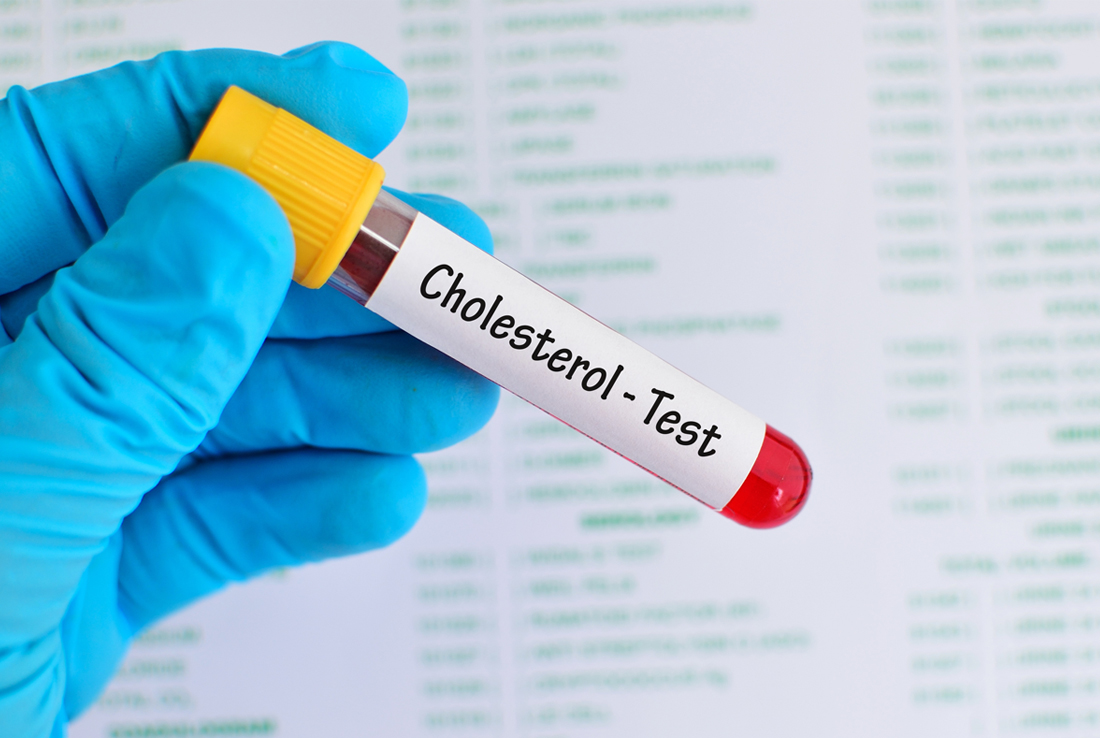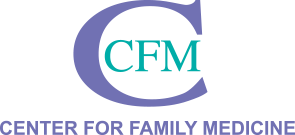Cholesterol: What Is It And What Can You Do To Manage It?

Most of us have heard of cholesterol and know that having too much of it is dangerous. In fact, according to the Centers for Disease Control and Prevention, 102 million adults have high cholesterol and over 35 million of those people are at risk for heart disease. But what is cholesterol and what can you do to stay healthy?
What is cholesterol?
Cholesterol is a waxy, oil-based substance that is found in every cell in the body. Cholesterol helps your body build cells, make hormones, digest food, produce vitamin D and allows your organs to properly function. It is produced by the liver and circulated throughout the body via blood.
The good vs. the bad
There are two kinds of cholesterol in the body:
- LDL (low-density lipoprotein) – This is the “bad” cholesterol in your body. LDL can build up in your arteries over time. LDL buildup can damage your arteries, cause heart disease and lead to strokes.
- HDL (high-density lipoprotein) – This is the “good” cholesterol in your body. HDL collects the LDL in your arteries and takes it back to your liver where the LDL is broken down so it can be excreted from your body.
To help put the two in perspective, imagine a child walking throughout a house, throwing his toys as he goes. This would be the LDL as it travels through your arteries, leaving plaque behind in its wake. Now, using the same example, imagine a parent following behind the child, picking up the toys and returning them to the toy box. HDL works in a way similar to the parent in our example, taking the LDL back to the liver. We find ourselves at risk for heart disease and strokes when we have too much LDL, or not enough HDL, in our bodies.
What causes high cholesterol?
As mentioned earlier, cholesterol is made by the liver. Your liver makes all the cholesterol your body needs, but you introduce more cholesterol to your body when you consume animal products (such as meats, poultry and full-fat dairy products). These foods can also be high in saturated and trans fats which cause the liver to produce more LDL.
Genetics is also a factor for over 600,000 Americans. More specifically, a hereditary gene mutation can cause a condition known as Familial Hypercholesterolemia (FH). FH causes the body to produce three to ten times more LDL than what the Cleveland Clinic considers to be healthy.
Age, race and weight may also be factors that contribute to high cholesterol.
Get screened
Screening and prevention is key to ensuring that your cholesterol is within healthy ranges. The National Heart, Lung and Blood Institute recommends screening should be conducted at the following intervals based on age, sex and family medical history.
- Children: Screening should begin at ages 9 to 11, or as early as 2 years old for those with a family history of high cholesterol and heart disease. Screening should be conducted every 5 years.
- Men: Screening should be conducted every 1 to 2 years, beginning at ages 45 to 55.
- Women: Screening should be conducted every 1 to 2 years, beginning at ages 55 to 65.
Make changes to your diet and lifestyle
Since 25 percent of the cholesterol in our blood comes from the food we eat, a healthy diet can help you to keep your cholesterol under control.
Some foods, like the ones below, are known to lower cholesterol:
- whole grains and multi-grains
- fatty fish like salmon
- foods rich in Omega-3 such as avocados and olive oil
- fruits and vegetables
Fad diets should be avoided, in addition to these foods:
- tropical oils such as palm oil and coconut oil
- fried foods
- simple sugars such as candy and soda
- processed meats such as hot dogs and sausages
- animal products high in saturated fats, such as egg yolks, butter, lamb, beef and pork
Exercise is an effective way to lower high cholesterol. The University of Michigan states that moderate physical activity for 1½ to 2 hours a week can raise HDL levels.
If you are a smoker, quit now. Smoking is particularly dangerous for people who have high cholesterol. In addition to causing damage to lung tissue, smoking triples the risk of heart disease. Smoking actually causes more deaths due to heart disease than lung cancer. If you need help quitting, you can find resources, support and information here.
Medical intervention
For some people, dietary and lifestyle changes just aren’t enough. When those changes aren’t producing the desired results or cholesterol levels are just way too high, your doctor may prescribe a medication to help lower your cholesterol. If you are prescribed medicine for your cholesterol, you should still continue with your diet, exercise and lifestyle changes unless otherwise advised by your doctor.
Educate yourself
High cholesterol is one of the most controllable risk factors of heart disease. Whether you already have high cholesterol or you’re trying to prevent it, you’ve already taken a crucial step toward a healthier future by arming yourself with knowledge.


